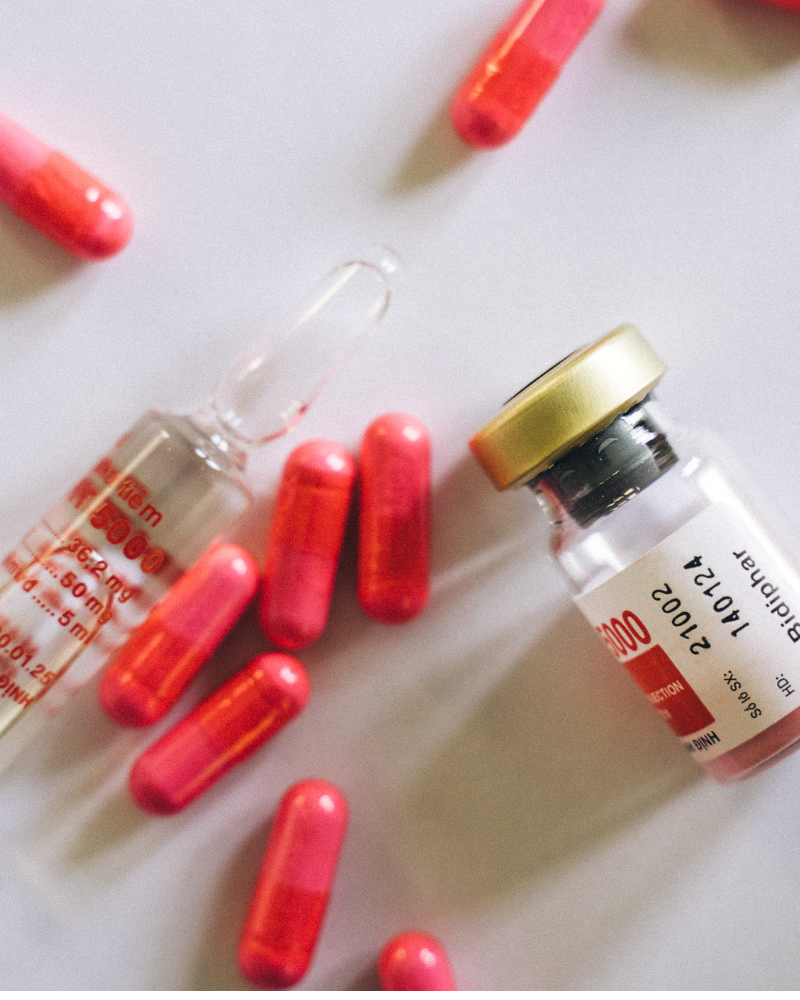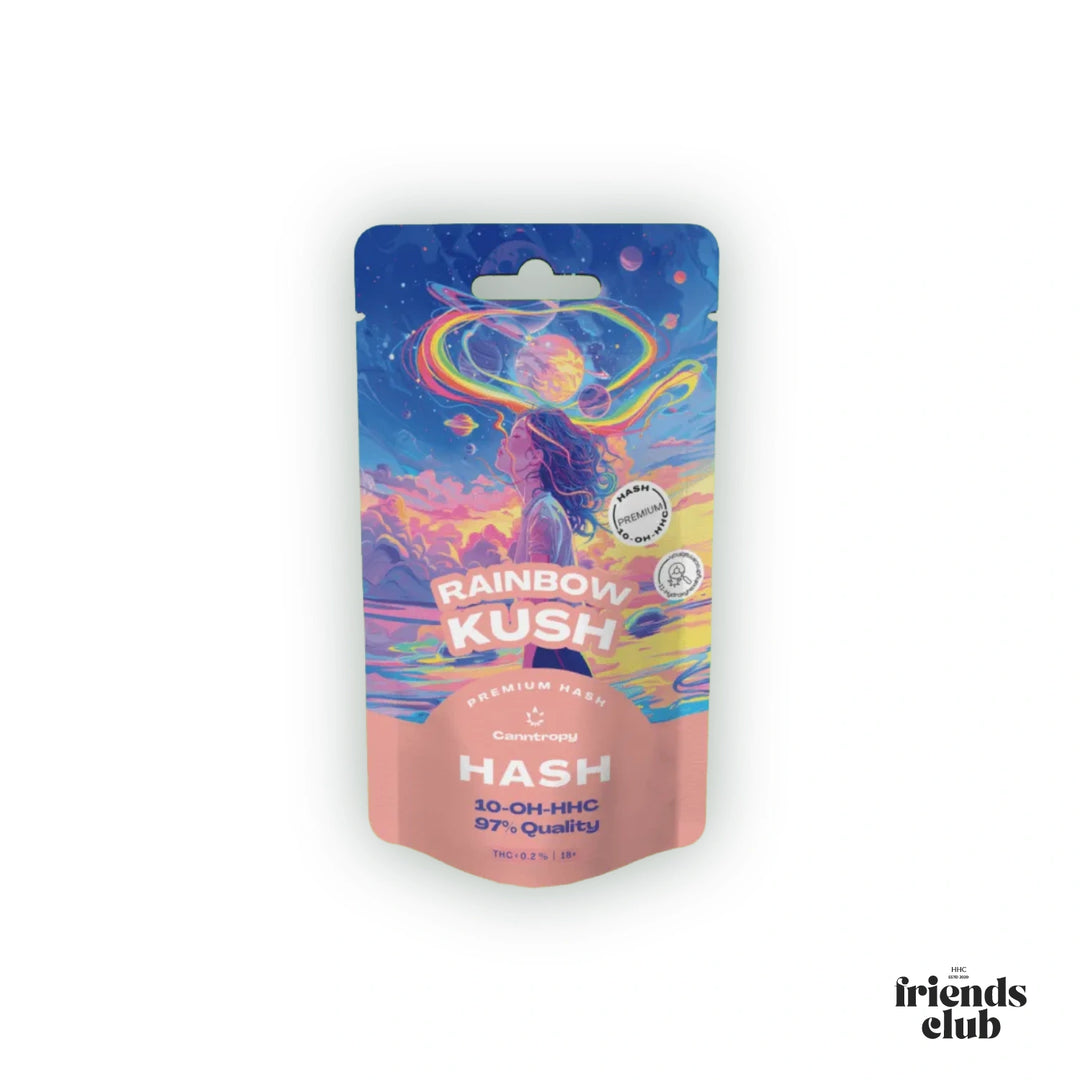What is Tavor?
Tavor—a name many people recognize, especially when it comes to treating anxiety disorders or panic attacks. It belongs to the group of benzodiazepines, a family of medications known for their calming and anxiolytic effects. As with many medications, people have a wide range of experiences with Tavor. Some report that it helped them manage their anxiety and breathe easier, while others warn about possible side effects and the risk of dependence.
It's important to understand that Tavor affects everyone differently. The dosage, duration of use, and individual physiology all play a significant role. What may bring relief to one person could cause problems for another. For this reason, it's crucial to recognize that the effects of Tavor cannot be generalized. Anyone considering its use should weigh the decision carefully and consult a specialist. This medication can offer benefits but also carries risks—and that should not be taken lightly.
Bestseller View all
Tavor against fear of flying
For many people with severe fear of flying, Tavor is a great help. Especially on long flights or in turbulent conditions, the anxiety can become overwhelming. Here, those affected report that Tavor enables them to get through the flight in a relaxed state. A typical dose prescribed by doctors in such situations is between 0.5 and 1 mg, with the effects setting in relatively quickly. However, some people report feeling very drowsy after taking it or having difficulty fully concentrating again after the flight. Nevertheless, most find taking it to be an effective solution for managing their fear of flying.


Experiences with Tavor for panic attacks
Panic attacks really feel like a punch to the gut. Suddenly, everything becomes overwhelming: your heart races, you start sweating, and the sense that everything is about to collapse makes it almost impossible to breathe. In moments like these, many people turn to Tavor, and for good reason. It works quickly—usually within half an hour to an hour—and in most cases, you start to feel somewhat normal again after taking it. Your thoughts become clearer, the constant fear subsides, and for a brief moment, you feel like you're back in control.
But here’s the catch: what brings relief at first can become problematic over time. It doesn’t always happen right away, but for many people who take Tavor for an extended period, a certain dependence develops. At first, it seems harmless: you only take it when the panic attacks become overwhelming again. But eventually, it becomes hard to imagine how to cope without the medication. You start to feel insecure, as if you’re losing control. That’s when you realize just how much you rely on that little pill that gives you the support you so desperately need in your worst moments.
That’s why it’s important to be aware of the risks. Tavor can be a real help, but it’s not a cure-all. It should never be a long-term solution. If you’re considering taking Tavor regularly, you should always stay in touch with a doctor and make sure you’re not slipping into dependence. It’s about finding the right balance: Tavor can help in acute moments, but it always needs to be part of a broader plan for managing anxiety and panic attacks.
Positive experiences with Tavor: When does it really help?
There are many people who report positive experiences with Tavor. Especially for those who use it only in acute situations or for short periods, the medication often leads to a noticeable improvement in quality of life. Some users say that Tavor enabled them to handle everyday situations like meetings, presentations, or social events without constant feelings of anxiety. It is particularly emphasized that taking the correct dosage makes all the difference—too little may be ineffective, while too much can cause pronounced drowsiness. Those who use Tavor responsibly and in consultation with a doctor can generally benefit from its positive effects.
Tavor 0.5 mg: Experiences with the low dosage
For many people, a dose of just 0.5 mg is enough to manage their anxiety. This dosage is often considered sufficient, especially for mild anxiety disorders or as preparation for stressful situations such as doctor’s appointments or flights. Users report feeling calmer and less tense without feeling completely sedated. Compared to higher doses, 0.5 mg usually causes fewer side effects such as severe drowsiness or difficulty concentrating. This makes it particularly suitable for people who take Tavor occasionally and want to remain largely functional.

Featured collection View all
Tavor as long-term medication: experiences and risks
Although Tavor is primarily intended for short-term use, there are people who take it over longer periods. In these cases, some report positive experiences, especially if they suffer from chronic anxiety. However, the risks should not be underestimated: long-term use can lead to physical and psychological dependence. Some users have found that after prolonged use, they need a higher dose to achieve the same effects. At the same time, there are reports of withdrawal symptoms when trying to discontinue the medication. For these reasons, many doctors advise against using Tavor regularly over extended periods and instead recommend alternative therapies.
Experiences with Tavor 2.5 mg: Higher dosages in comparison
The 2.5 mg dosage of Tavor is often prescribed for more severe anxiety or panic attacks. Many users report that this dose is highly effective in quickly providing calm and relaxation. However, there are also some drawbacks associated with higher dosages. Some people feel extremely tired after taking it and have difficulty concentrating on simple tasks. Others mention a “foggy” feeling that can last for several hours. Nevertheless, many find the effects extremely helpful, especially in situations where other calming methods are not sufficient.




















